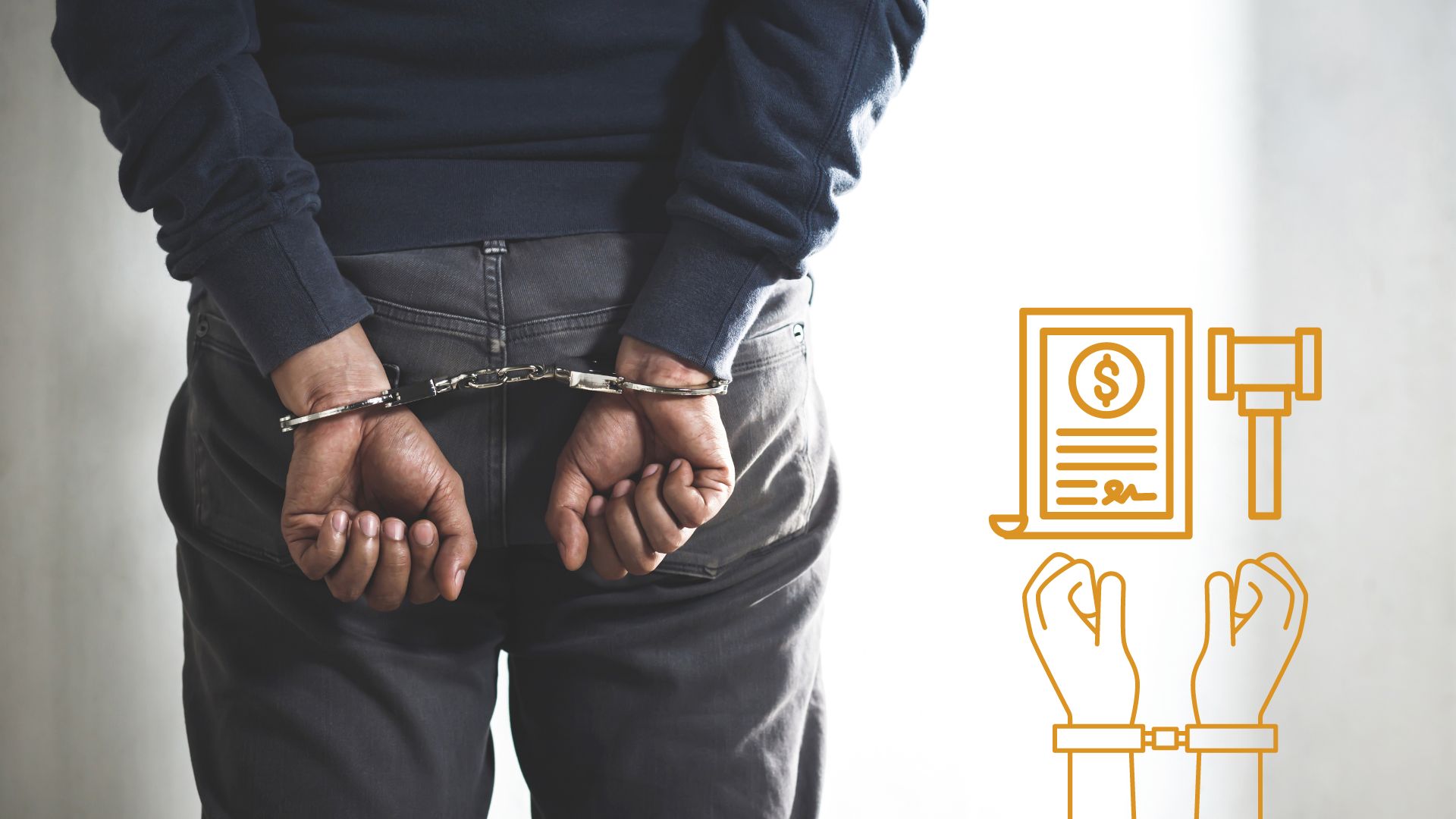The core principle of bail conditions is that they minimise the risk of the offender re-offending. The conditions will be specific to the crimes committed and are imposed by either the Local Court or the Supreme Court depending on the severity of the charge.
What are Bail Conditions?
Bail conditions are put in place as both a deterrent and a protection to the general public. When someone commits an offence, they may be granted bail until their matter is determined. In Australia, accused persons are innocent until proven guilty; however, reasonable precautions need to be taken when innocence is in question.
Bail conditions are precautions taken to mitigate unacceptable risk to the community. Bail applications made to the court must address how the accused will be safe within the community and what conditions they are willing to agree to. These conditions range from specific curfews to restraints on the use of alcohol and drugs. Realistically, conditions need to be relevant to the alleged crime committed.
What Bail Conditions should I be aware of?
Depending on the circumstances of the alleged crime, you may be subject to or need to consider being subject to the following conditions:
- A restraint of illicit drugs or alcohol;
- A curfew;
- A condition to remain outside licensed establishments;
- A restraint on approaching certain groups or specific individuals;
- etc
Each condition needs to mitigate risk. The purpose of bail is largely to prove a period of good behaviour so that the court can see whether you are taking positive or negative steps.
How Do I Apply For Bail?
Depending on which court you are in (for example, Supreme Court or Local Court) you will need to apply for bail subject to the rules of that specific court. Bail applications need to be both factual and persuasive, so it is essential to take the process seriously.
Most people engage a criminal lawyer to assist with making the application. Your lawyer will advise your prospects before filing. The court can look unfavourably on applications with little to no chance of success, as they may be considered an abuse of process.
Your lawyer will assist you to make the application and argue it before the court. You may be asked questions or asked to confirm that you will uphold the conditions placed on you. Your lawyer needs confidence you will abide by conditions to persuade the court there is not an unacceptable risk in granting bail.
What should I keep in mind when applying for bail?
When applying for bail, remember the key consideration is preventing an unacceptable risk to the community. The court must also consider whether granting bail will endanger the safety of any specific members of the community.
The court will consider the risk of re-offending while on bail. If that risk is high, bail will not be granted as the risk to the community is too great. For procedure basics, see our guide to NSW criminal court procedures.
What bail conditions may I be subject to if I have previously had bail and breached it?
It is difficult to be granted bail if you have breached bail conditions or failed to appear. If you are granted bail again, you may face conditions such as:
- Curfew;
- Restraint of alcohol and drugs;
- Restraint against contact with certain individuals or groups;
- Police check-ins;
- etc
If you commit further offences while on bail, it is highly likely you will not be granted bail again. Get legal advice as early as possible.
What happens if I commit an offence while on bail?
If you commit an offence while already on bail, your bail may be revoked and you may be remanded in custody until final determination. If a term of imprisonment is imposed, time already served on remand can be taken into account.
Why may I be asked to stay away from witnesses?
You may be ordered to maintain distance from potential witnesses to avoid allegations of interference with testimony or evidence. Interfering with witnesses is a serious offence against the course of justice.
Witnesses can include police, friends, family and community members. You may be deemed an unacceptable risk if there is a chance of tampering. If witnesses are people you see regularly, you may need to propose how that risk will be managed.
What Is a Bail Undertaking?
A bail undertaking is a form signed on release from police custody, confirming your obligation to attend court on a set date and time. It is usually available for less serious, non-violent matters. You do not need to make a formal application for a police bail undertaking. It is imperative you note your court date to avoid breach.
How long after I am released will my next court date be?
If you are released on bail, your court date will likely be within weeks to a few months. The court aims to determine matters as soon as possible. You must appear whenever required, both as a bail requirement and to demonstrate you take the matter seriously.
What Legislation should I consider for more information?
If you want to refer to legislation, consider the bail act for your state or territory. In NSW, see the Bail Act 2013 (NSW). It outlines:
- Bail application requirements;
- Types of bail;
- Bail condition requirements;
- How the court may grant bail;
What is Legal Aid?
Legal Aid is a government program for people who cannot afford legal services. It covers family and criminal law matters in the Magistrates and higher courts. You may obtain Legal Aid funding for bail applications and, in some cases, appeals against refusal. See Legal Aid NSW, or contact Jameson Law for assistance with eligibility and urgent bail advice.













